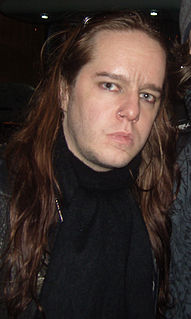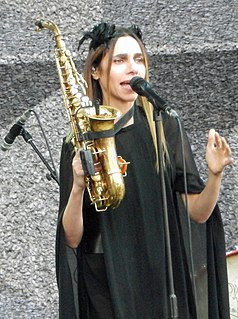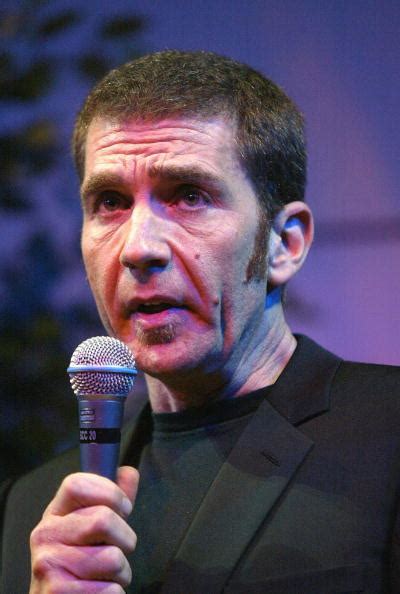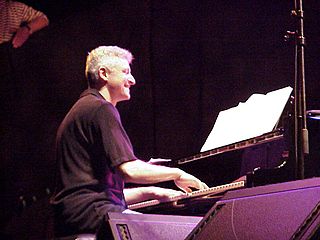A Quote by Joey Jordison
That's the way a musician is. You're isolated, in a weird way, because music is haunting you as much as it's loving you. It's non-stop.
Related Quotes
I have a musician friend who, after reading Mountains, told me, "When I read the book, I wanted to quit music altogether and become a doctor." I told him, "Do you really think you can be a better doctor than you are a musician? Nobody needs you as a lousy doctor. Just be the one-of-a-kind, brilliant musician you are, and divert your success somehow to benefit the poor." You can achieve so much more this way.
Jake La Botz is a creator of dark poetry and haunting song, the kind of music that gets in your bones and rides you for days, a sound and vision only those who've been to the bottom and clawed their way back up can generate. His midnight gifts evoke Hank Williams and Skip James as much as Tom Waits and Dylan. Not everybody will get this music - because not everybody is ready for the truth.
You're always as a musician trying to shock yourself or create music that's maybe even too weird for your own taste. In my case it's kind of weird because I started out being known more for ambient things and ambiguous music, but what's experimental for me is the more traditional structure. For me, experimenting involves traditionalism.
That certain feeling happened to me in a big way quite often with the first King Crimson. Amazing things would happen-I mean, telepathy, qualities of energy, things that I had never experienced before with music. You can't tell whether the music is playing the musician or the musician is playing the music.
Because I was a chemistry student and was never supposed to be a musician, I always felt like I was an outsider looking at music going "Why is this interesting to me? Why should I be doing this?" and I never felt like I was a natural musician. It came into my life, kind of, as a conceptual problem and I think all my pieces are, in a way, looking at some issue and sometimes veering toward an inside baseball model of classical music.
The hardest thing about being a young musician on the jazz scene is that there are so many styles of music, jazz and otherwise, that you're exposed to. The challenge is to use all that in your own way, to personalize all that has come before you and all that is happening around you. To get the music the way you want it, there's a lot of work involved.




































